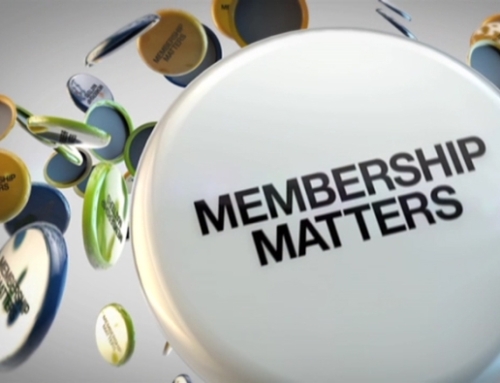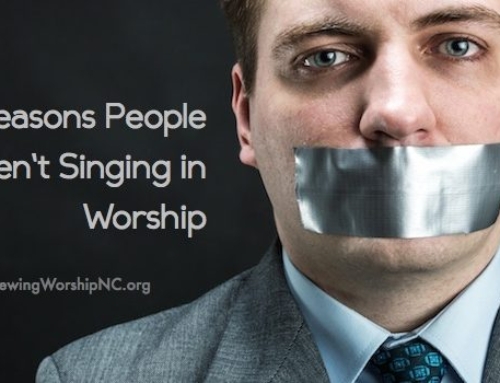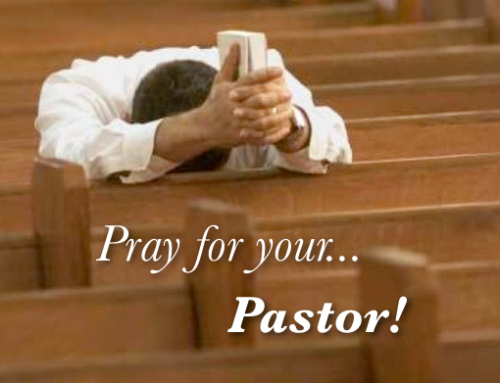At least since the time of Ezra the scribe about 2450 years ago, a standard way to preach has been to read a section of the Bible, explain it, read the next section, explain it, and so on. Nehemiah 8:8 reports, “They read from the book, from the Law of God, clearly, and they gave the sense, so that the people understood the reading.” This is how they did it in the synagogues, in the early church, and in the churches of the Reformation. This way of preaching has different names but is often called sequential expository preaching or just expository preaching. It’s what I did for 20 years in Guadalajara. Guess what happened? The people there learned the Bible well, some of them so well, in fact, that I decided to leave and start over.
It’s how I am now preaching in Florida Coast Church. We are currently in I Thessalonians, planning to cover 4:1-12 this coming Sunday. All well and good, but there is a major challenge that expository preachers face – some people are absent each Sunday. This means that they get part of chapter 1, all of chapter 2, none of chapter 3, half of chapter 4, etc. This is not the way to read a book if you want to understand its message. (I still have not seen the second of the six Star Wars movies, so I’m missing some essential pieces.)
One solution is to do “one off” sermons every week, which are self-contained and do not build on previous sermons. While this approach helps hearers in the moment, it teaches them to treat the Bible atomistically, that is, as a bunch of unconnected parts. The hearers end up with knowledge of pieces of the Bible, but struggle to put them together.
If church members follow the planned texts in their private or family Bible reading, they can better follow the series. Also, technology offers another solution for churches that do expository preaching, since most record their sermons and publish them online. It’s not the same as being there and takes some extra effort to listen to them later, but really not much. (Ours are here.) For those who attend any church, I recommend that you listen to all the sermons you miss, not because they are the best sermons you can find on the Internet, but so that you can derive maximum benefit from all the ones you do hear live.





